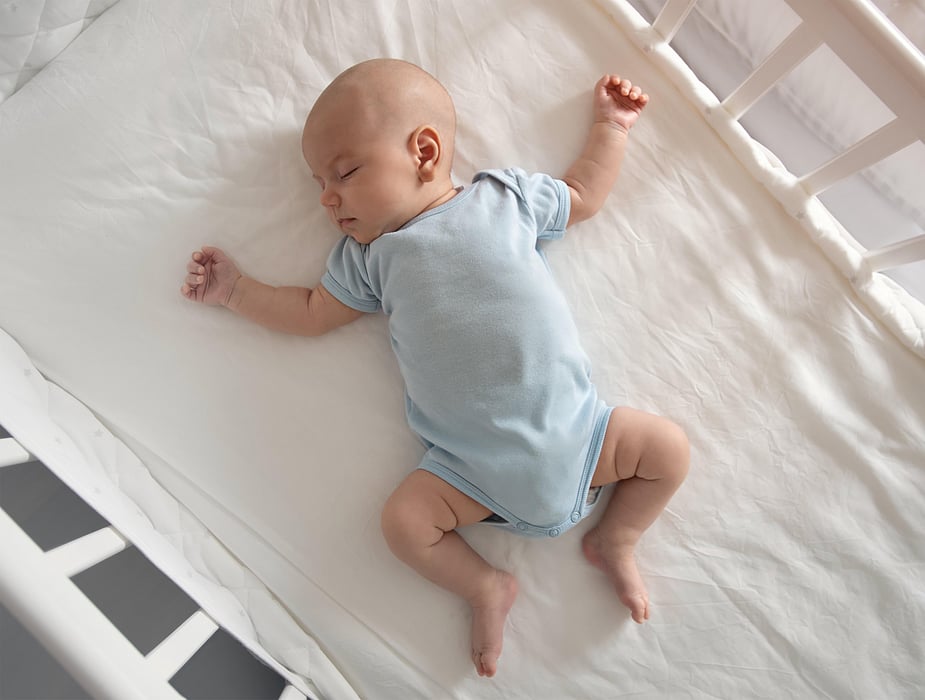Risk Factors for Sleep-Related Suffocation, Infant Death Identified

MONDAY, Dec. 5, 2022 (HealthDay News) -- Risk factors for sleep-related suffocation and unexplained infant death are explored in a study published online Dec. 5 in Pediatrics.
Sharyn E. Parks, Ph.D., M.P.H., from the U.S. Centers for Disease Control and Prevention in Atlanta, and colleagues examined the association between unsafe sleeping practices and sudden infant death in a population-based cohort study using data from 2016 to 2017 for cases from the Sudden Unexpected Infant Death Case Registry and controls from the Pregnancy Risk Assessment Monitoring System. A total of 112 sleep-related suffocation cases and 300 unexplained infant death cases were included with 448 and 1,200 age-matched controls, respectively.
The researchers found that the odds of sleep-related suffocation and unexplained infant death were increased in association with unsafe infant sleep practices compared with the recommended infant sleep practices. For sleep-related suffocation, the adjusted odds varied from 18.7 (95 percent confidence interval, 6.8 to 51.3) to 1.9 (95 percent confidence interval, 0.9 to 4.1) for infants not sharing a room with their mother or caregiver and for those with nonsupine sleep positions, respectively. For unexplained death, the corresponding adjusted odds varied from 7.6 (95 percent confidence interval, 4.7 to 12.2) to 1.6 (95 percent confidence interval, 1.1 to 2.4).
"After adjustment for other infant and maternal factors, room sharing, independent of surface sharing, was protective against both explained and unexplained infant deaths," the authors write. "This important distinction among risk factors is one that has not been made in recent studies."
Related Posts
AHA News: Registries of College Athletes With COVID-19 Aim to Learn More About Virus’s Long-Term Impact
WEDNESDAY, Sept. 1, 2021 (American Heart Association News) -- Doctors and...
Prevalence of Autism Up to 3.14 Percent in U.S. Youth for 2019 to 2020
MONDAY, July 11, 2022 (HealthDay News) -- The prevalence of autism spectrum...
What Is Meth Mouth? Causes, Symptoms & Treatments
WEDNESDAY, April 26, 2023 (HealthDay News) -- Methamphetamine is a highly...
